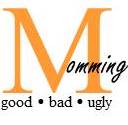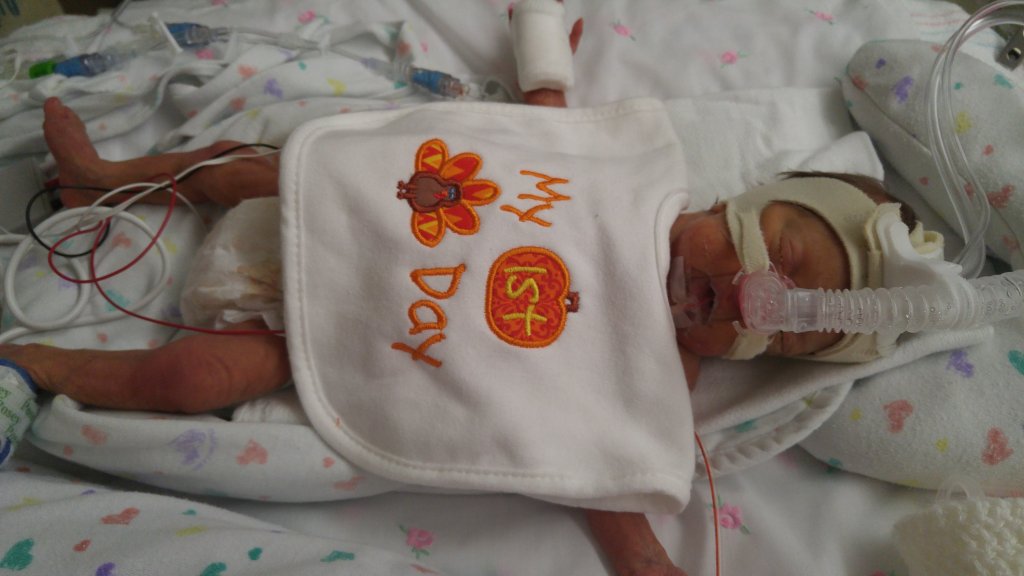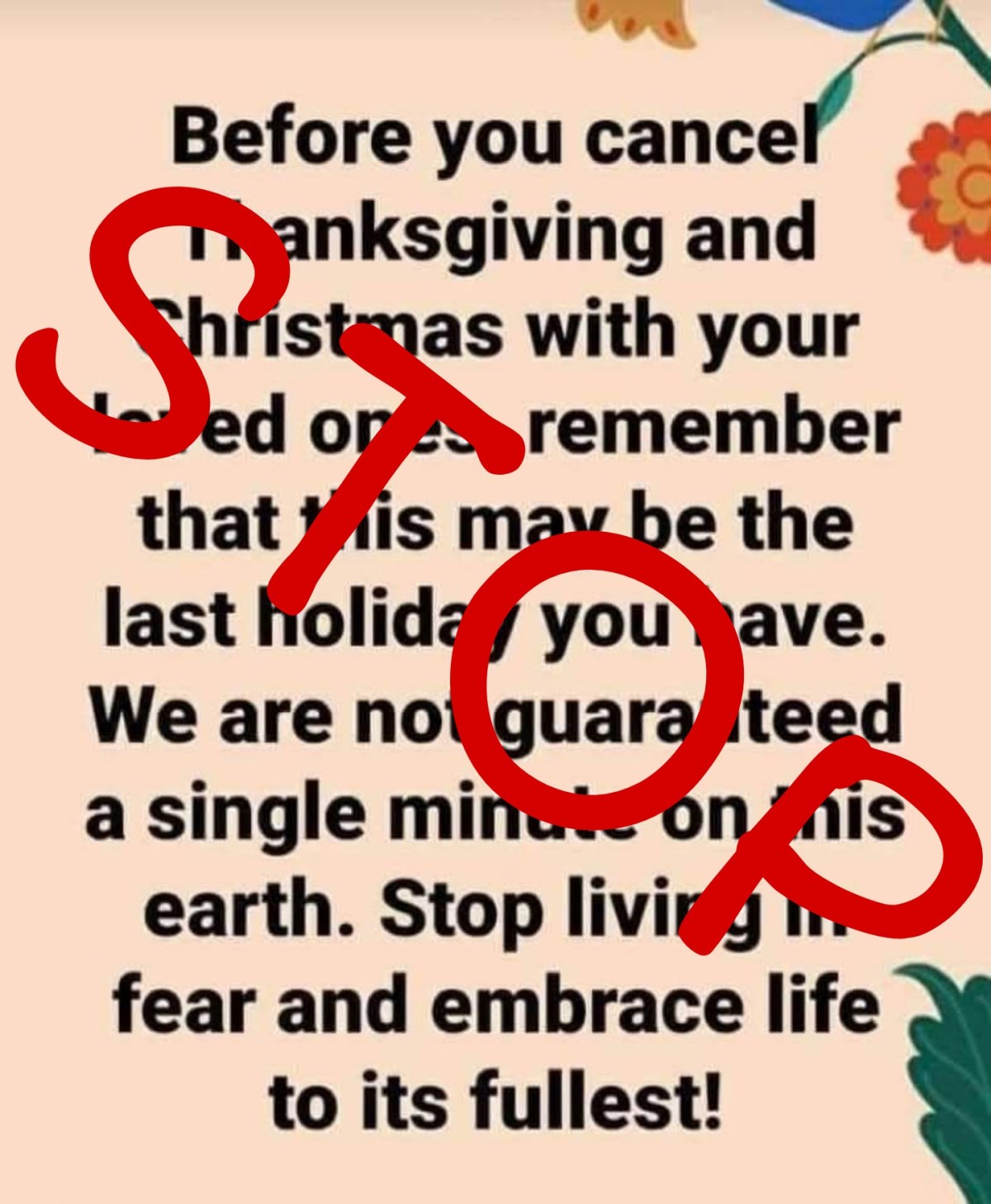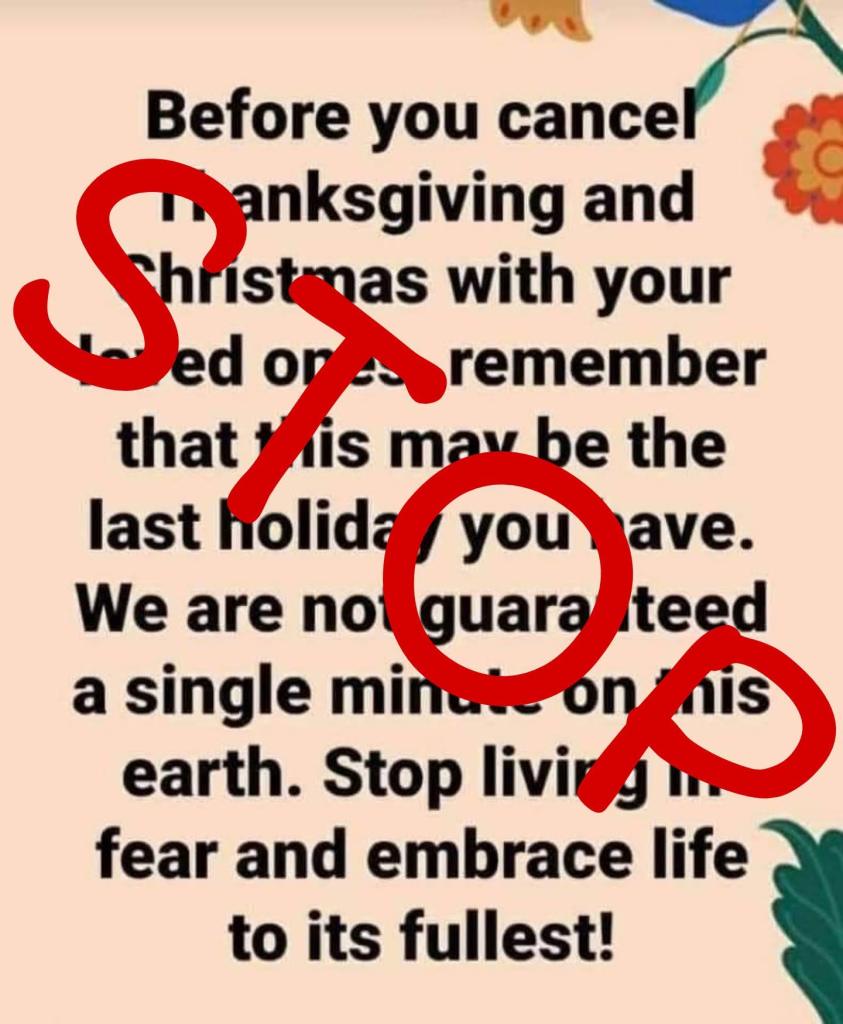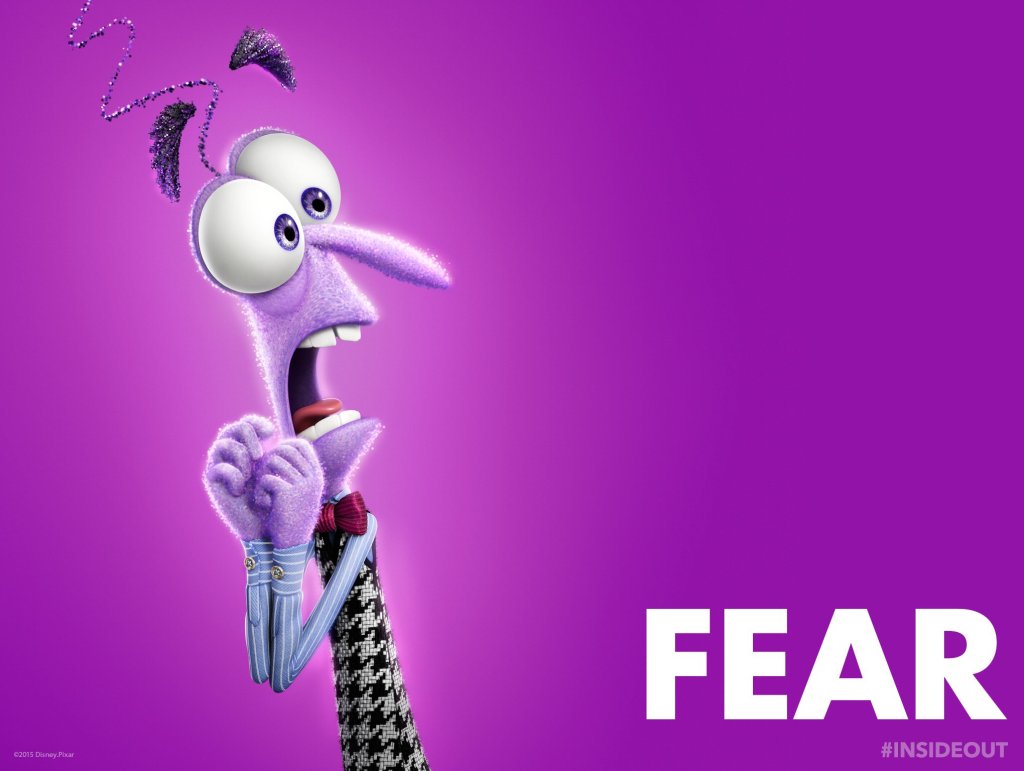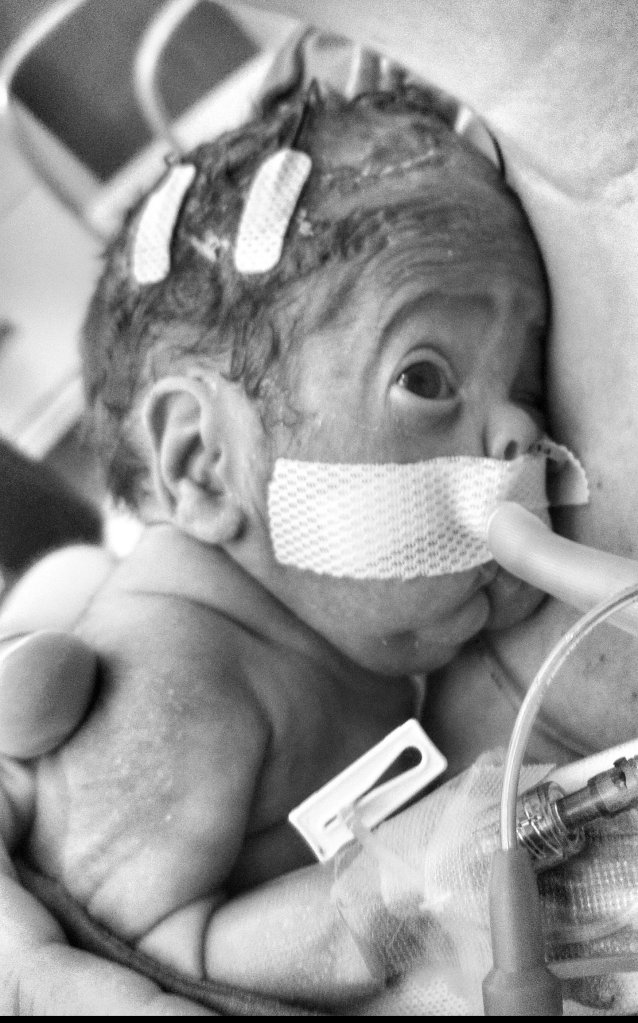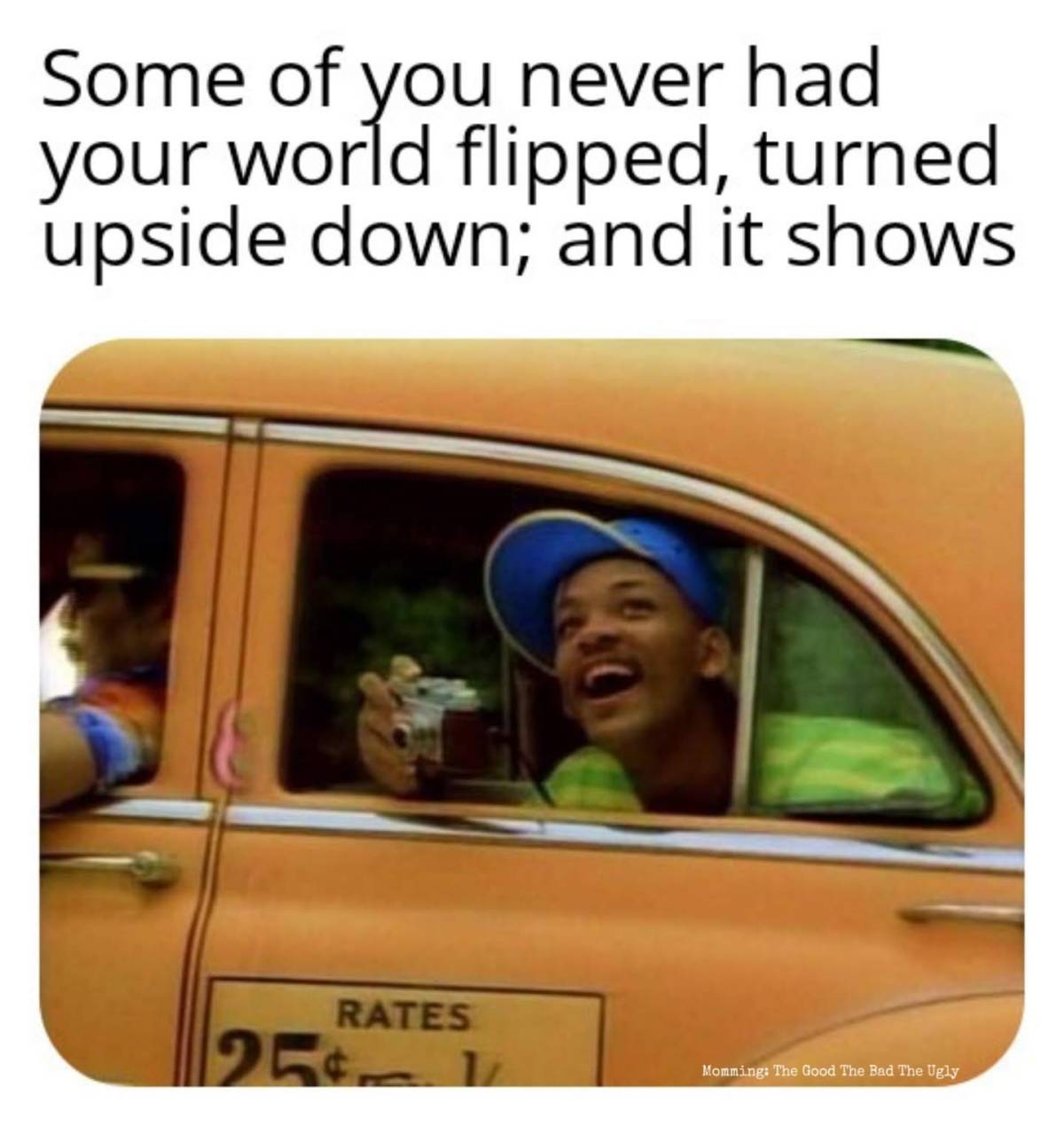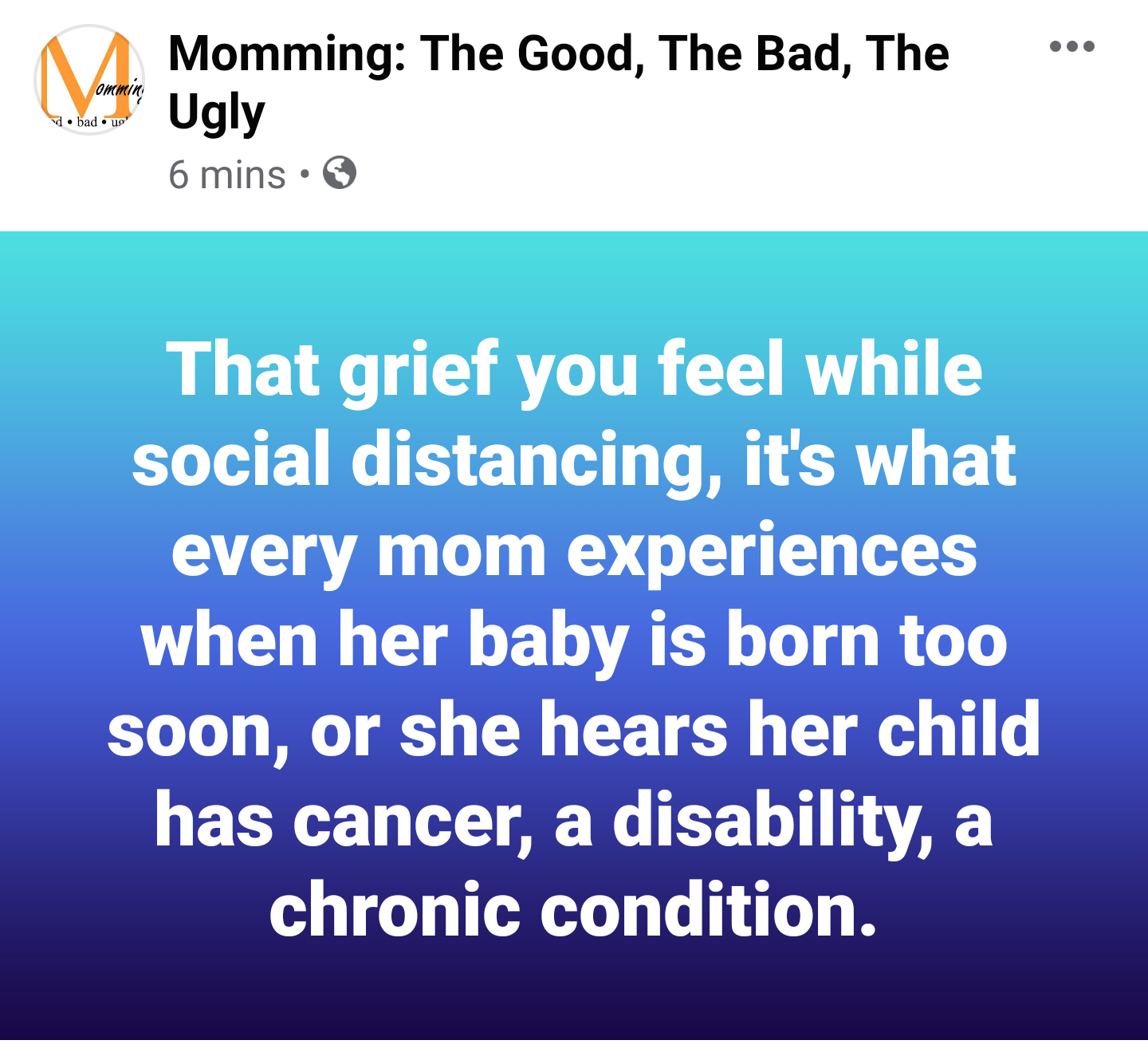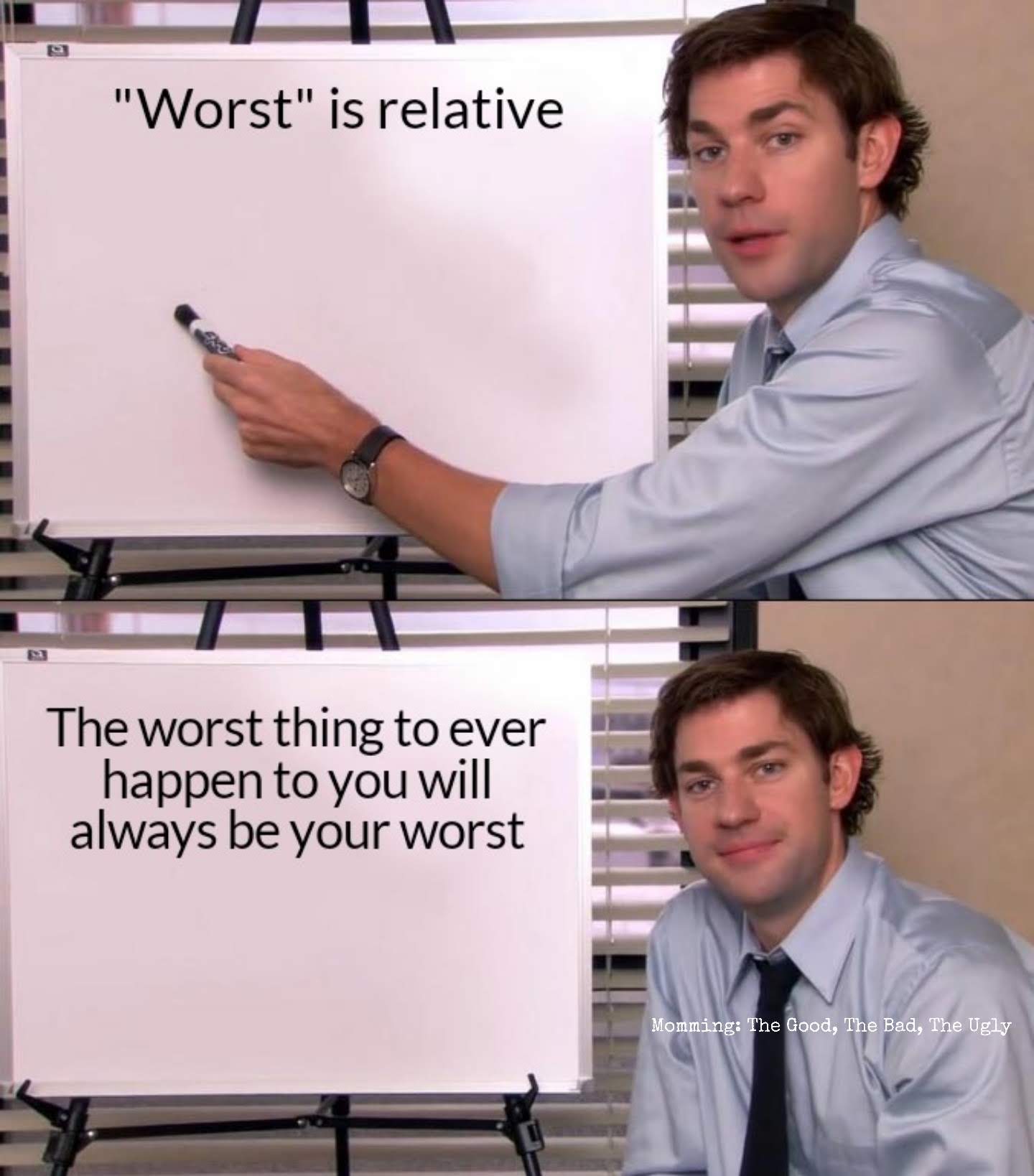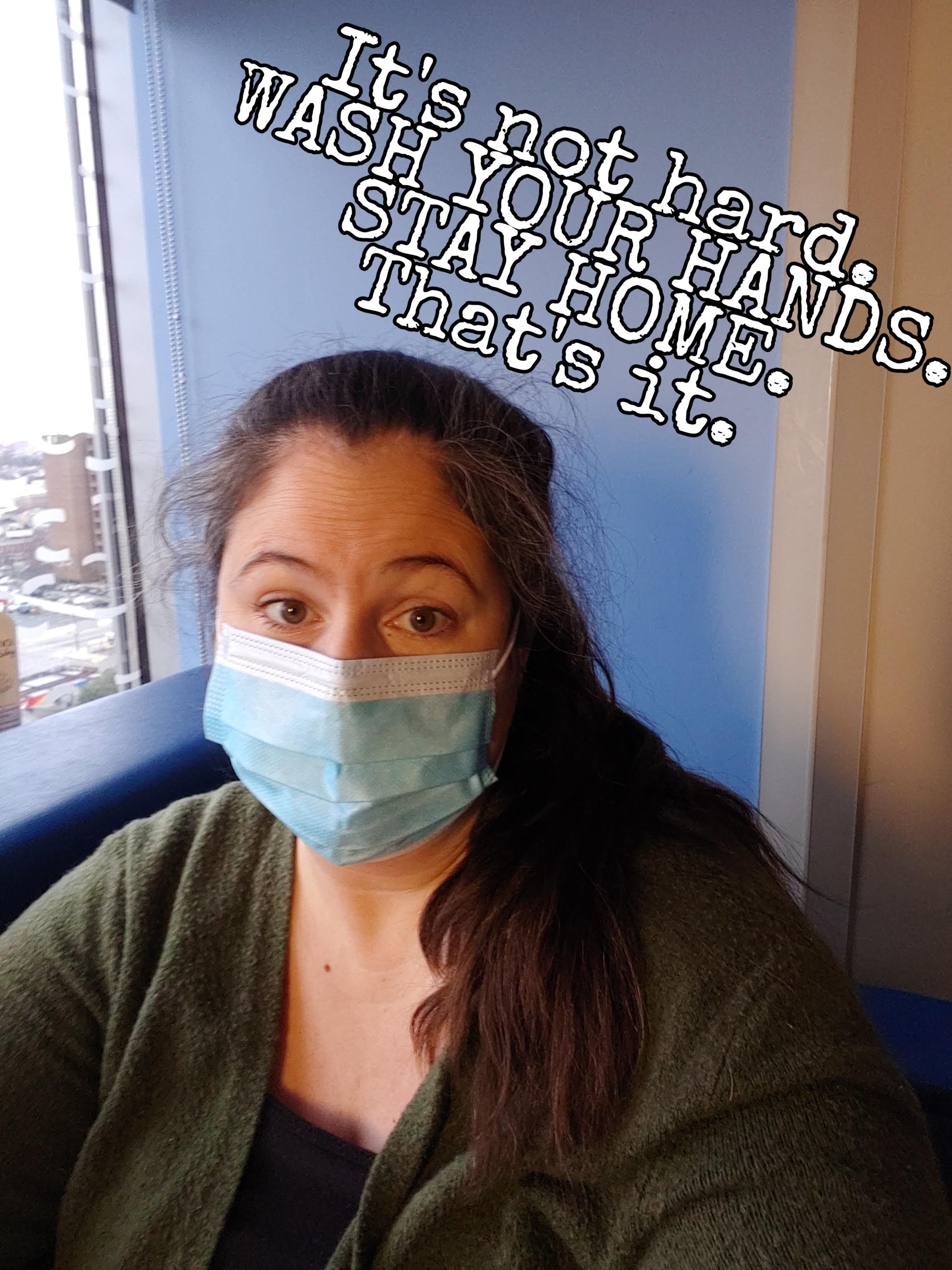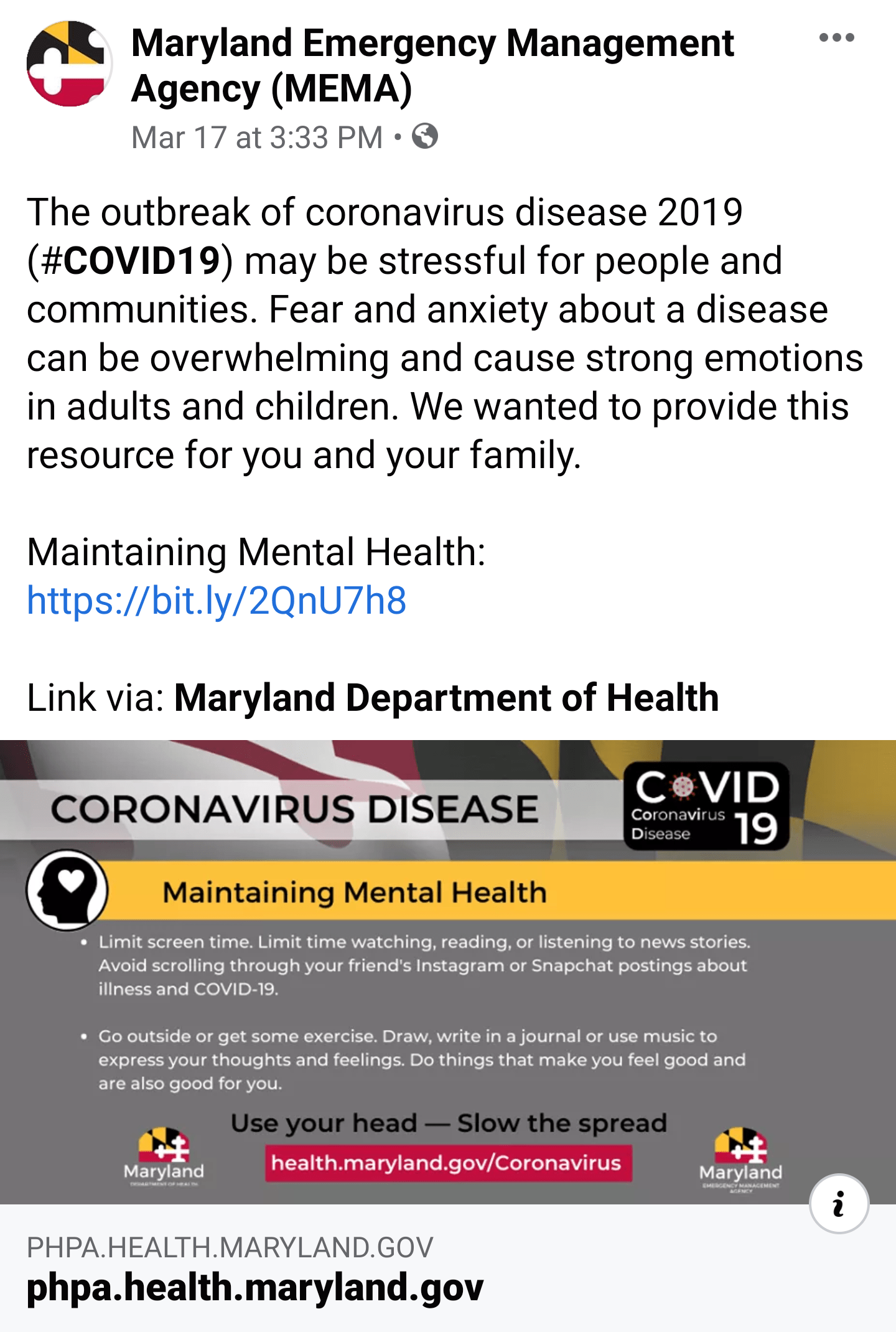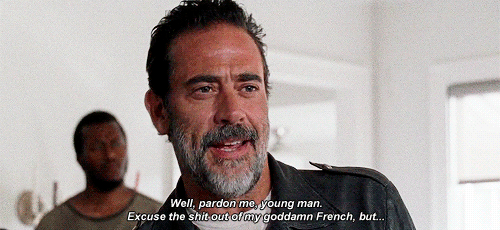COVID-19 vaccines. The constant vaccine debate among parents lingers in the background of these conversations around whether or not to vaccinate yourself and your child(ren) against COVID-19. How do you feel about the regular vaccines? Are you pro vaccine? Are you antivaccine? Are you provaccines, but only if they are spaced out? How do you feel about flu vaccines? And now we add this into the mix.
It’s not just that one more vaccine has been added to the list of vaccines parents already need to decide about whether and when to give their children. This one has the added questions of safety. Was it tested enough? Is it safe? Do my kids really need the vaccine when they are in the low probability of being affected? Do I need to get it when I’m a healthy young(ish) adult? So many factors to consider. So many unknowns.
How do you possibly make a decision when you feel like you don’t have all the information? It’s tricky…tricky, tricky, tricky. And now I want to listen to Run DMC. But back to the topic at hand. How do you even begin to make a medical decision when you aren’t a medical professional or scientists, and when you have real questions that gnaw at your mind and make your stomach uneasy?
I’m not a scientist, not anywhere close to one. And I’m not a medical professional, although I maintain I would make a hell of a convincing TV doctor. But I am your girl if you need some advice on making medical decisions you don’t feel prepared to make. I’ve been in this position a few times before. We have a new brain surgery we are trialing in the states, will you let us try it on your 5-week old son? Real decision I had to make, worded much more delicately and laced with medical-ese, but that was the gist. See, I’m your girl. I know the stress you feel making an important medical decision when you don’t feel like you should be able to make those decisions.
For me these decisions boil down to a couple of questions I ask myself.
- How would I feel if something happened and we didn’t do this?
In this case that would be how would I feel if my child caught COVID-19 and ended up in the ICU or died. Sorry to be all doom and gloom, but for me this is how it all boils down – hospital time and survival. Would I feel good if we didn’t vaccinate? Would I feel like I did everything I could to protect my child if we did vaccinate? The first question is always anchored in the mommy guilt. I hate mommy guilt. It is a relentless bitch who is all too familiar in my life. And when something awful happens and your mommy guilt convinces you that if you could have prevented it, it’s a long downward spiral into bad food, all the wine, a lot of tears, and some deep rage that makes me want to break things. Mommy guilt is a demon that haunts (is that what demons do or do they torture?) me to my core and I choose to avoid her whenever possible. - How would I feel if something happened because we did this?
In this case, if my child had an adverse reaction from the vaccine that caused a hospital stay, an allergy, or serious injury or death, how would I feel knowing it was related to something I chose to expose to my child? Knowing how it ended, would I still make that same choice? OK, this question also is heavily centered in mommy guilt, but this one comes with a big side helping of motherly protection. Would I pull my child off train tracks in front of a speeding train even if he might be hit by a car immediately afterward? Which scenario is more likely? Which action makes me feel like I gave up and which makes me feel like I went down swinging?
I’m sure you are thinking that these two questions do nothing to alleviate the stress and point you toward a decision, and as messed up as it seems, it always tells me what I need to know. Although admittedly the revelation is rarely immediate. Thankfully the COVID-19 vaccine is one you have time to contemplate and weigh. At the time of writing this, vaccine trials have only just begun on young children and at least in my area, we haven’t reached the vaccines for all adults stage. But that is coming soon.
For me, this decision was one of the easier ones to make. I’m provaccine. I vaccinate my kids at the recommended timing. We all get the flu vaccine, every single year. I’m happy to jump into the COVID-19 vaccine line. I can’t wait to get my kids vaccinated. But that doesn’t mean that this is a decision that is easy for others. I’ve made decisions about which brain surgery to subject a 5-week-old baby who was barely 2 pounds; vaccine decisions are a walk in the park after that.
In case you are wondering, that 5-week-old was the 6th child in the US to undergo the new brain surgery. It didn’t have the desired outcome, and he is living with long-term consequences of his condition, things we hoped that surgery would mitigate. However, I feel in my bones that it was the right call. I know we did everything we could. I know we gave our son the best chance at a typical life. And if I had to make that decision again, I would 100% make the same choice, every time. That is the certainty those two questions and the resulting internal dialogue left me. I hope it leaves you the same confidence and certainty in your decisions.
